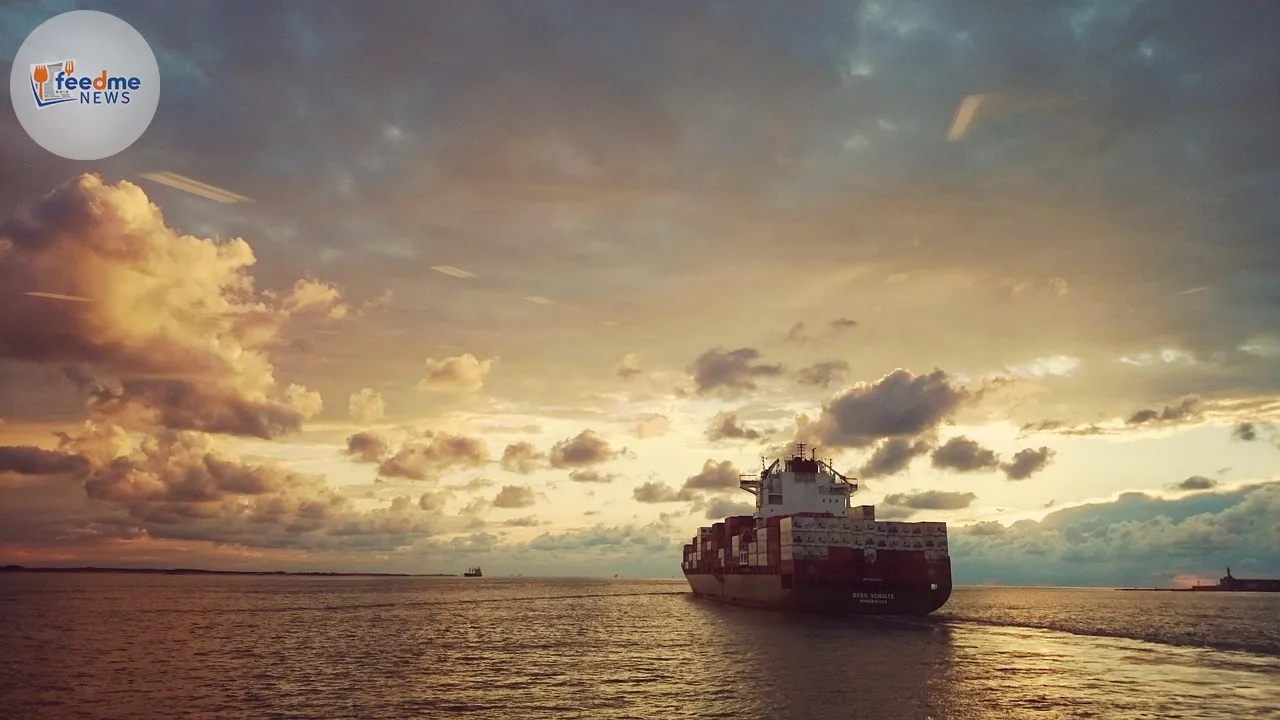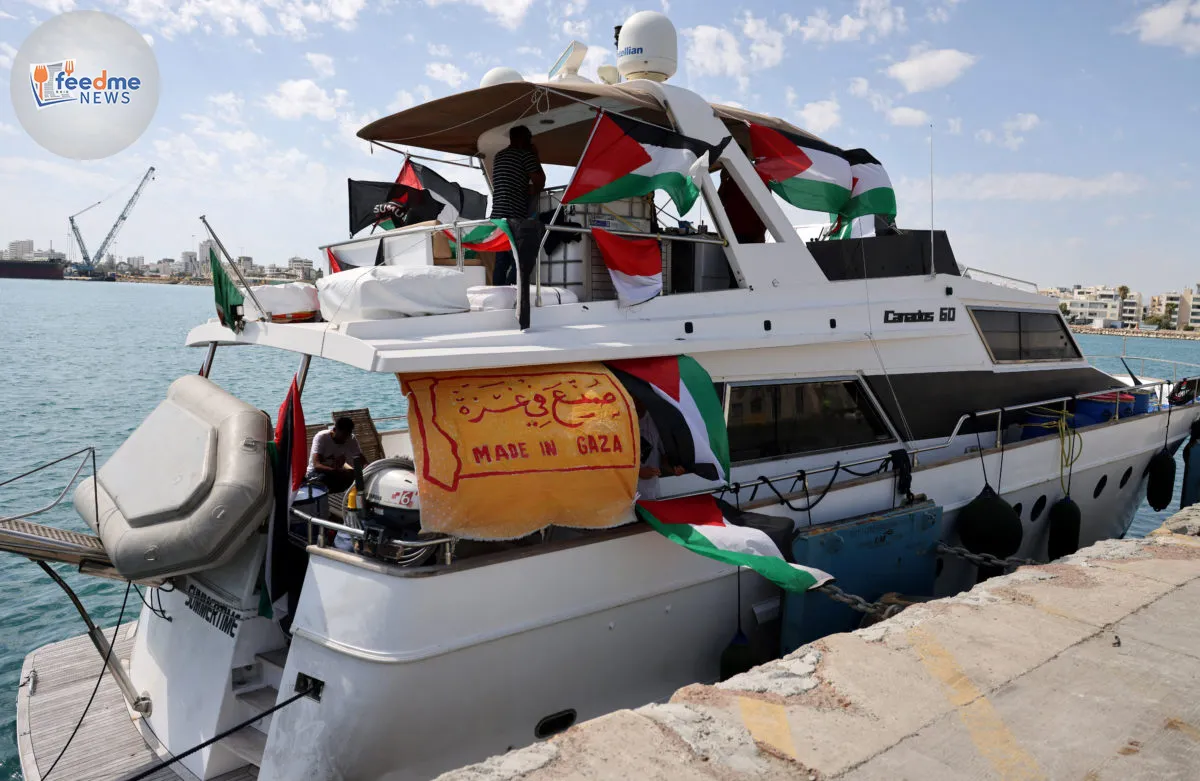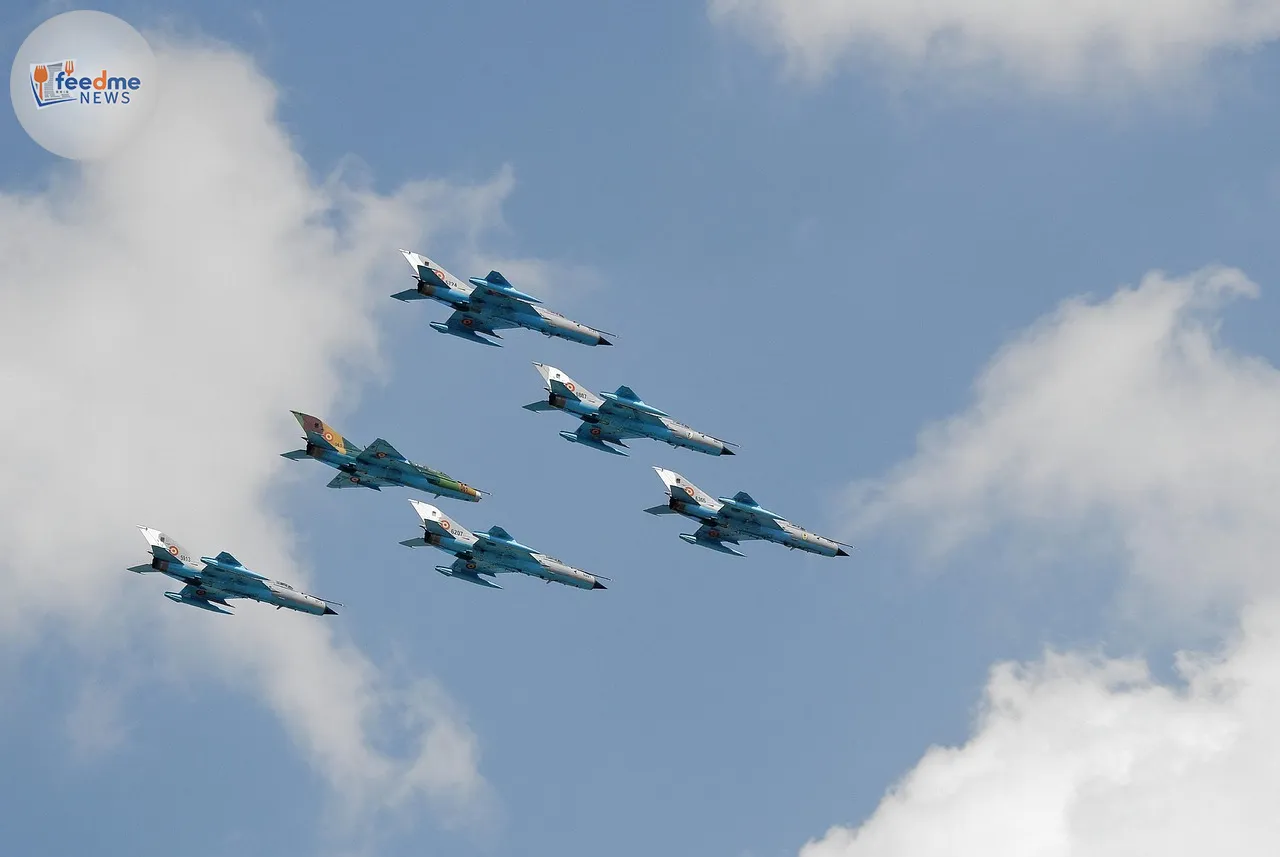In a recent escalation of maritime hostilities, two crew members of a Greek-operated vessel were injured and two remain missing following a drone attack in the Red Sea. This incident occurred shortly after Yemen’s Houthi rebels claimed responsibility for an assault on another bulk carrier, alleging that the ship had sunk. These attacks highlight the ongoing risks in one of the world’s busiest shipping lanes, with potential repercussions for global trade.
The attack took place on Monday, approximately 50 nautical miles southwest of the Yemeni port of Hodeidah. This assault marks the second attack on commercial vessels in the region by Houthi forces since November 2024. The European Union’s Operation Aspides, a task force created to safeguard shipping in the Red Sea, has been actively monitoring the situation and responding to these threats.

Escalation in the Red Sea
The Red Sea has long been a vital maritime corridor for global trade, linking the Mediterranean Sea to the Indian Ocean via the Suez Canal. However, the region has become increasingly volatile due to the ongoing conflict in Yemen. The Houthi rebels, aligned with Iran, have been engaged in a protracted civil war against the Yemeni government, which is backed by a Saudi-led coalition. This conflict has frequently spilled over into the Red Sea, threatening the safety of international shipping lanes.
The recent attacks underscore the growing threat to maritime security in this region. The Houthis’ capability to deploy drones and other sophisticated weaponry against commercial vessels represents a significant escalation in their tactics. The European Union’s Operation Aspides has reported increased patrols and surveillance to deter further incidents, yet the risk remains high.
Impact on Global Trade
The Red Sea is a crucial artery for the global economy, with millions of barrels of oil and tonnes of goods passing through its waters daily. Disruptions in this shipping lane can have significant ramifications, affecting oil prices and causing delays in the delivery of goods worldwide.
The recent attacks have already led to heightened security measures and increased insurance premiums for vessels operating in the region. Shipping companies are now faced with complex decisions regarding the safety and cost-effectiveness of their routes. Some may opt to reroute their vessels, potentially leading to longer transit times and higher operational costs.
International Response and Concerns
The international community has expressed growing concern over the security of the Red Sea shipping lanes. The United Nations, along with several countries, has called for a de-escalation of hostilities and a renewed focus on peace negotiations in Yemen. However, achieving a diplomatic resolution remains challenging amid the entrenched positions of the warring factions.
The EU’s Operation Aspides has played a crucial role in safeguarding maritime traffic, but the scale of the threat necessitates broader international cooperation. Countries with vested interests in the region, including the United States and China, are being urged to collaborate on security measures to ensure the safe passage of vessels.
The Human Cost
Beyond the economic implications, the human toll of these attacks is significant. The crew members aboard these vessels face grave dangers, often caught in the crossfire of geopolitical conflicts. The recent incident has left families of the missing crew members in a state of anguish, highlighting the personal risks endured by those working in these perilous waters.
Efforts to locate the missing crew members continue, with naval forces from various countries assisting in search and rescue operations. The maritime industry is also calling for enhanced safety protocols and better protection for seafarers operating in high-risk areas.
Future Implications
The situation in the Red Sea remains precarious, with the potential for further escalation. The international community must address the underlying causes of the conflict in Yemen to ensure long-term stability in the region. Meanwhile, shipping companies will need to adapt to the evolving security landscape, balancing the need for safety with the demands of global trade.
As tensions persist, the focus will be on diplomatic efforts to broker peace in Yemen and restore security to the Red Sea. The stakes are high, with millions of lives and livelihoods dependent on the safe passage of goods through these critical waters.






